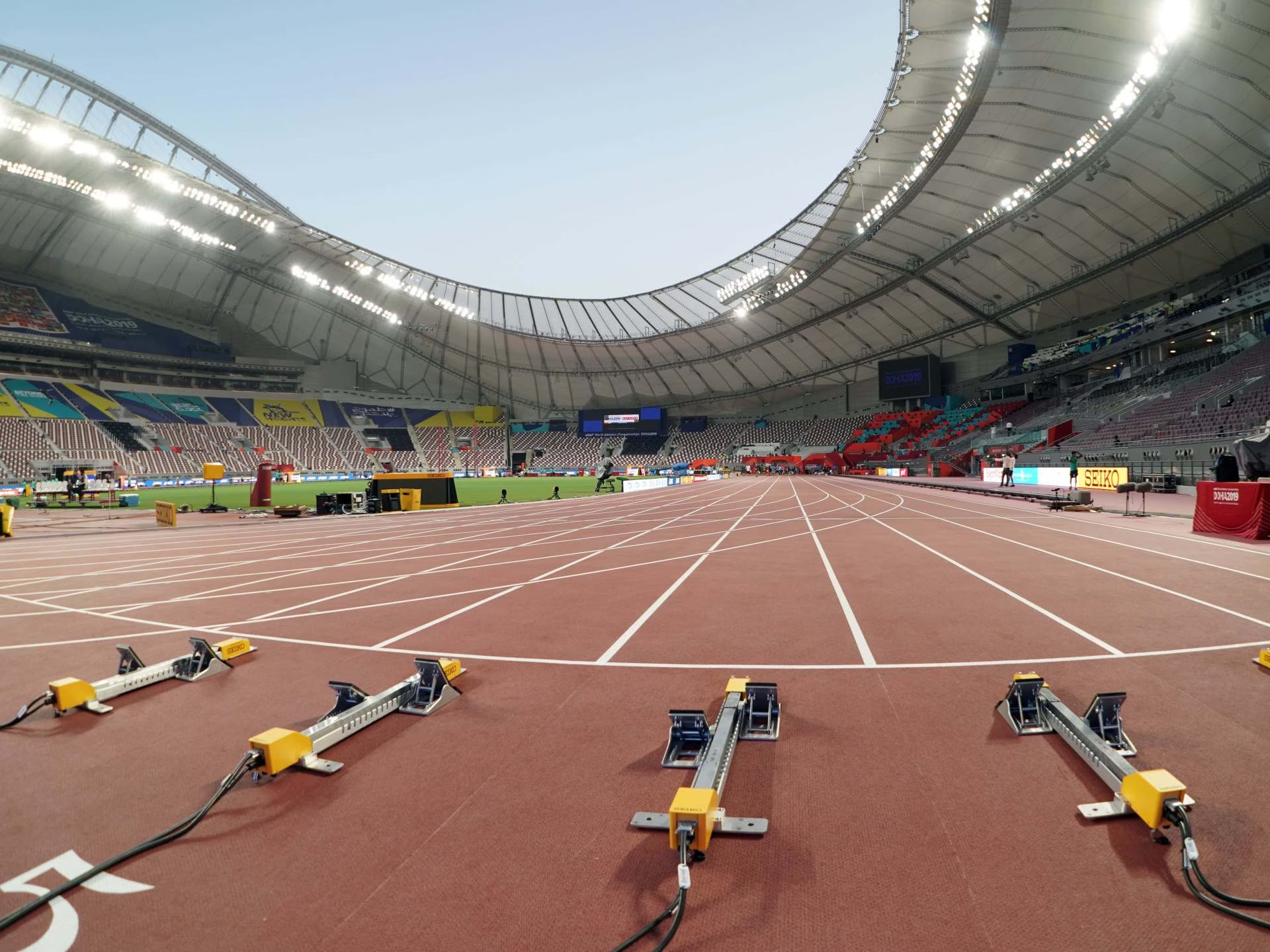World Athletics President Affirms Commitment to Uphold Integrity of Women’s Sport Amid Controversy Over Trans Athlete Inclusion.
Track and field is poised to become the first Olympic sport requiring competitors in women’s events to undergo DNA testing to establish their biological sex, as decided by World Athletics.
Sebastian Coe, President of World Athletics, announced on Wednesday that the governing body of track and field has approved the implementation of the testing measures to ensure the “absolute focus on the integrity of competition”.
“It’s essential to undertake these actions because it ensures everything we’ve been discussing, especially recently, about not just talking about the integrity of female sports, but actually safeguarding it,” Coe stated during a press conference following a two-day meeting of the governing body’s council in Nanjing, China.
According to Coe, the decision was made after an “exhaustive review” and consultations with over 70 sports and advocacy organizations.
“The consensus is overwhelming that this is the appropriate path forward,” Coe emphasized.
Competitors will under go non-invasive cheek swabs and dry blood-spot tests, a process that each athlete will only be required to undergo once in their career.
“We will steadfastly protect the female category and undertake whatever measures are necessary to do so; we’re not just speaking about it, we’re taking action,” Coe declared.
The decision is the latest in the ongoing debate surrounding the participation of transgender women and gender non-conforming athletes in women’s sports.
World Athletics had previously announced in 2023 a ban on transgender women who had experienced male puberty,pending review of eligibility criteria for female competition.
This overturned earlier rules allowing transgender women to compete if they maintained a blood testosterone level below 5nmol/L for the preceding 12 months.
The testing requirements will also affect individuals born with atypical sex chromosomes.
Other major sports organizations, including World Aquatics and the National Collegiate Athletic Association, have taken similar steps.
The International Olympic Committee, which will host the 2028 Games in Los Angeles, has allowed transgender athletes to compete since 2004, deferring to individual sports governing bodies for specific eligibility rules.
The issue has also sparked intense cultural debates in the US and other Western countries.
US President Donald Trump recently signed an executive order to withhold federal funding from educational institutions that permit trans girls and women to participate in female sports or use female facilities.
A New York Times/Ipsos poll from January indicated that 79% of Americans believe trans women should not participate in female sports, up from 62% in 2021.
Sebastian Coe, President of World Athletics, announced on Wednesday that the governing body of track and field has approved the implementation of the testing measures to ensure the “absolute focus on the integrity of competition”.
“It’s essential to undertake these actions because it ensures everything we’ve been discussing, especially recently, about not just talking about the integrity of female sports, but actually safeguarding it,” Coe stated during a press conference following a two-day meeting of the governing body’s council in Nanjing, China.
According to Coe, the decision was made after an “exhaustive review” and consultations with over 70 sports and advocacy organizations.
“The consensus is overwhelming that this is the appropriate path forward,” Coe emphasized.
Competitors will under go non-invasive cheek swabs and dry blood-spot tests, a process that each athlete will only be required to undergo once in their career.
“We will steadfastly protect the female category and undertake whatever measures are necessary to do so; we’re not just speaking about it, we’re taking action,” Coe declared.
The decision is the latest in the ongoing debate surrounding the participation of transgender women and gender non-conforming athletes in women’s sports.
World Athletics had previously announced in 2023 a ban on transgender women who had experienced male puberty,pending review of eligibility criteria for female competition.
This overturned earlier rules allowing transgender women to compete if they maintained a blood testosterone level below 5nmol/L for the preceding 12 months.
The testing requirements will also affect individuals born with atypical sex chromosomes.
Other major sports organizations, including World Aquatics and the National Collegiate Athletic Association, have taken similar steps.
The International Olympic Committee, which will host the 2028 Games in Los Angeles, has allowed transgender athletes to compete since 2004, deferring to individual sports governing bodies for specific eligibility rules.
The issue has also sparked intense cultural debates in the US and other Western countries.
US President Donald Trump recently signed an executive order to withhold federal funding from educational institutions that permit trans girls and women to participate in female sports or use female facilities.
A New York Times/Ipsos poll from January indicated that 79% of Americans believe trans women should not participate in female sports, up from 62% in 2021.







